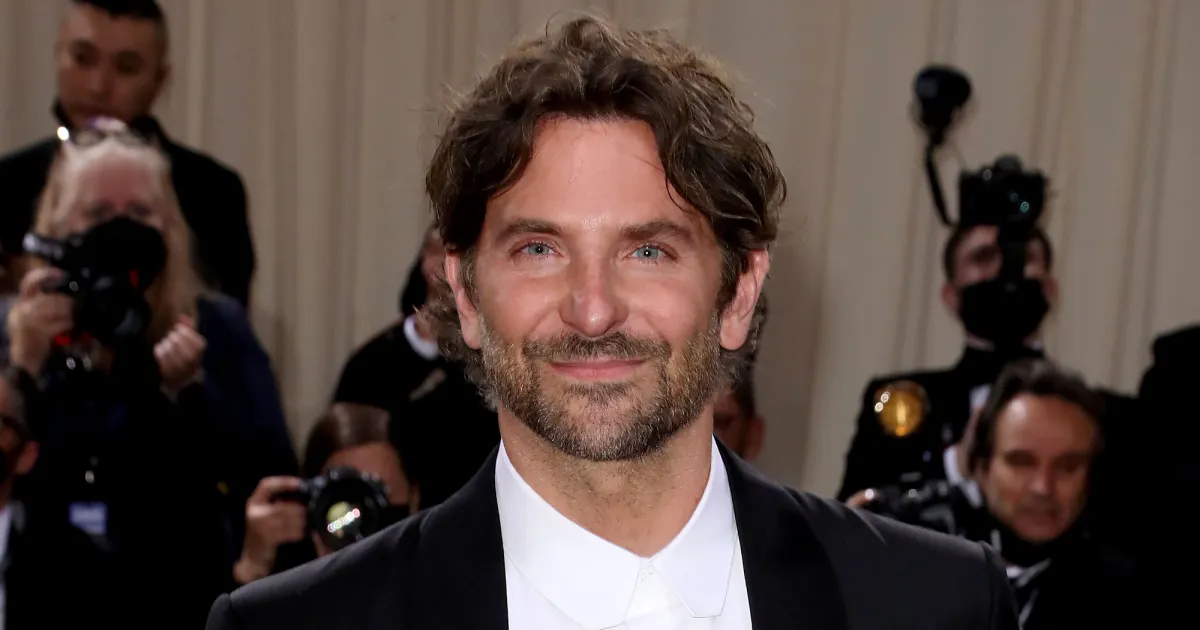The Venice Film Festival recently saw Oscar-winning makeup artist Kazu Hiro addressing the controversy surrounding Bradley Cooper’s prosthetic nose in the upcoming Leonard Bernstein biopic, “Maestro.” Some critics had labeled the alteration as “jewface,” sparking a social media debate.
Speaking during a press conference at the prestigious festival, Hiro expressed his surprise at the backlash and conveyed his regret if it had hurt anyone’s feelings. He clarified that the intention behind the transformation was to portray Leonard Bernstein as authentically as possible, as he considered him photogenic and wanted to respect his distinctive appearance. Hiro and his team conducted several tests to achieve this result.
The controversy around “Maestro” emerged because Bradley Cooper, who is not of Jewish descent, used prosthetics to modify his nose in order to portray the Jewish composer, Leonard Bernstein. However, it’s noteworthy that Bernstein’s own family has voiced their support for Cooper’s portrayal.
The makeup process for the film was a time-consuming endeavor, often taking up to five hours, especially when Cooper had to depict an older version of Bernstein. This sometimes required starting the transformation as early as 2 a.m. to avoid disrupting the regular filming schedule.
Although Bradley Cooper couldn’t be present at the event due to the SAG-AFTRA strike, Leonard Bernstein’s daughter, Jamie, and the film’s production team were in attendance. It’s important to mention that the Netflix film is not eligible for an interim agreement related to the strike.
Jamie Bernstein expressed her appreciation for being part of the “inclusive” creative process and described it as a genuine collaboration with Cooper. Despite not being allowed on set due to a closed set policy, she emphasized the family’s support for the project.
“Maestro” delves into the intricate love story spanning three decades between Leonard Bernstein and Felicia Montealegre Cohn Bernstein, portrayed by Carey Mulligan. Leonard Bernstein, celebrated for composing iconic scores for Broadway’s “West Side Story” and the classic Marlon Brando film “On the Waterfront,” married actress Felicia in 1951, and together, they raised three children. Despite a period of separation, they remained together until Felicia’s passing in 1978.
The controversy surrounding Cooper’s prosthetic transformation underscores the ongoing discussions about authenticity and representation in filmmaking, adding a layer of complexity to the portrayal of historical figures.




